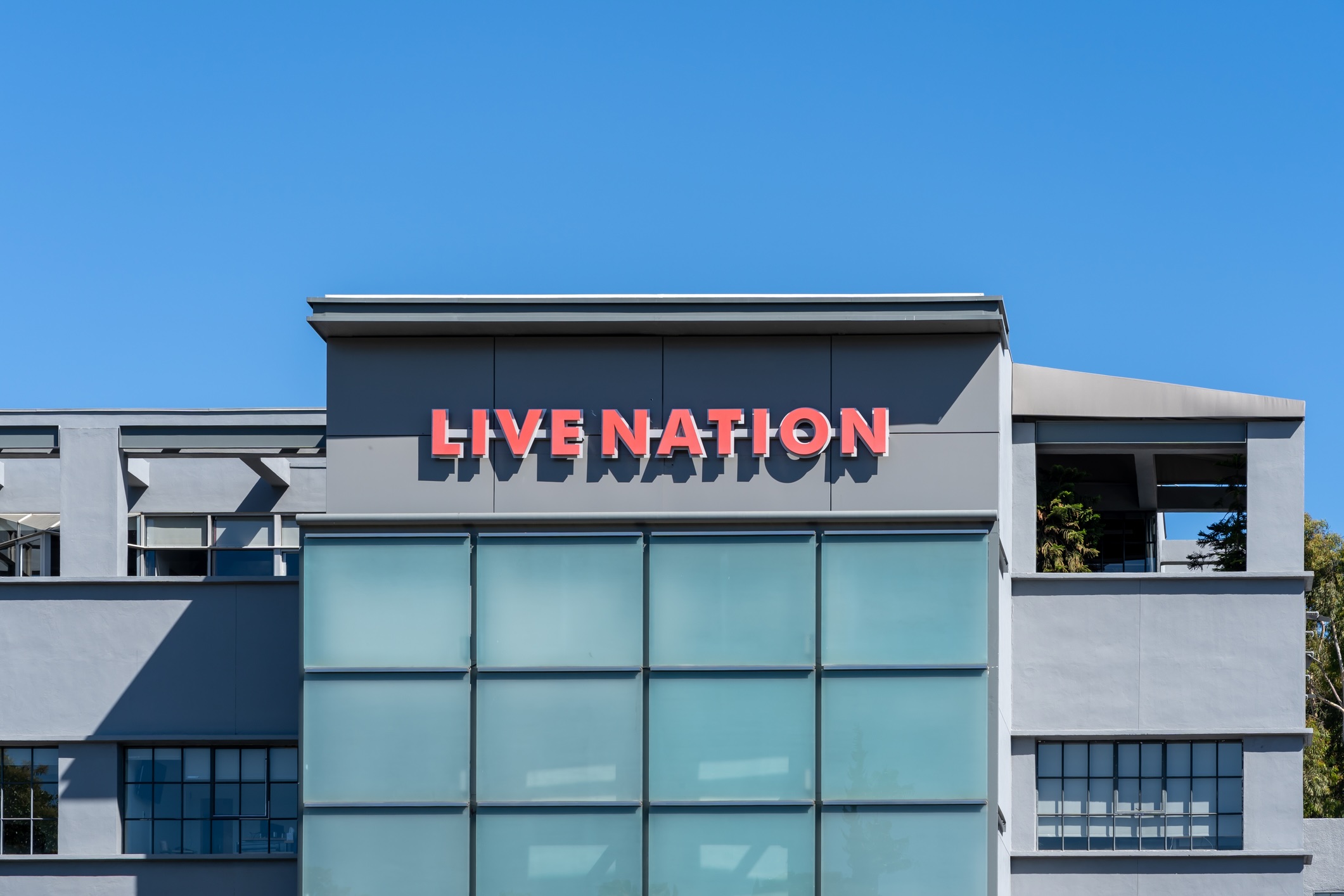FTC Takes Aim at Ticketmaster’s Grip on Live Events
Key Takeaways
- FTC Lawsuit: The FTC and seven states accuse Live Nation and Ticketmaster of running an illegal ticket resale scheme.
- Broker Abuses: Ticketmaster allegedly allowed brokers to bypass limits, buying hundreds of thousands of tickets with fake accounts.
- Hidden Fees: Mandatory service charges, sometimes up to 44%, generated $16.4 billion between 2019 and 2024.
- Market Dominance: Ticketmaster controls more than 80% of primary ticketing for major U.S. concert venues, giving it unrivaled leverage.
Deep Dive
For years, concertgoers have grumbled about Ticketmaster’s sky-high fees and impossible-to-get tickets. Now the Federal Trade Commission is putting those frustrations into a federal courtroom.
The FTC, backed by seven states, has sued Live Nation Entertainment and its subsidiary Ticketmaster, accusing them of turning the ticket resale market into a rigged game. Regulators say the companies not only tolerated but actively profited from brokers who use bots and fake accounts to scoop up thousands of tickets before fans even have a chance to click “buy.” Those same tickets, the suit claims, then resurfaced on Ticketmaster’s own resale platform, at markups padded by hefty service fees.
The complaint describes a system where consumers became collateral damage in Ticketmaster’s pursuit of profit. Security measures were allegedly sidestepped by brokers operating thousands of accounts, sometimes buying hundreds of thousands of tickets. Instead of cracking down, Ticketmaster allegedly gave those brokers a boost through its TradeDesk software, which made managing and reselling those tickets easier.
In one internal email cited by the FTC, a Ticketmaster executive admitted the company “turns a blind eye as a matter of policy” to these violations. The reason, regulators argue, is simple: inflated resale prices and added fees fattened Ticketmaster’s bottom line.
The Fee Problem
On top of that, the FTC says Ticketmaster misled both fans and artists with bait-and-switch pricing. Tickets were advertised at one price, only for mandatory fees, sometimes nearly half the cost of the ticket, to appear at the final stage of checkout. Between 2019 and 2024, those hidden fees generated $16.4 billion.
Despite publicly touting its support for “all-in pricing,” internal documents suggest Ticketmaster deliberately stuck with the hidden-fee model after research showed fans were less likely to buy tickets if they saw the full cost upfront.
The lawsuit also underscores just how dominant Ticketmaster is in the live events business. The company controls more than 80% of primary ticketing for major U.S. concert venues, giving it a gatekeeper role that critics say artists and consumers can’t realistically avoid. From 2019 to 2024, consumers spent more than $82.6 billion on its platform.
FTC Chairman Andrew N. Ferguson, invoking President Donald Trump’s March executive order on ticketing, said the lawsuit is meant to restore fairness to an industry fans feel has long been stacked against them.
“It should not cost an arm and a leg to take the family to a baseball game or attend your favorite musician’s show,” Ferguson said.
What Could be at Stake
The agency is seeking civil penalties and other relief under the FTC Act and the Better Online Ticket Sales Act. If successful, the case could reshape not just how Ticketmaster operates, but also how pricing transparency and resale markets are policed across the live entertainment industry.
The case demonstrates the FTC’s willingness to use both consumer protection and competition law to address entrenched practices in markets dominated by a few players. It’s also a warning shot that when regulators decide to pull back the curtain, internal emails and decisions to shelve effective controls can become Exhibit A in court.
The GRC Report is your premier destination for the latest in governance, risk, and compliance news. As your reliable source for comprehensive coverage, we ensure you stay informed and ready to navigate the dynamic landscape of GRC. Beyond being a news source, the GRC Report represents a thriving community of professionals who, like you, are dedicated to GRC excellence. Explore our insightful articles and breaking news, and actively participate in the conversation to enhance your GRC journey.
Sponsored by






.svg)

.svg)